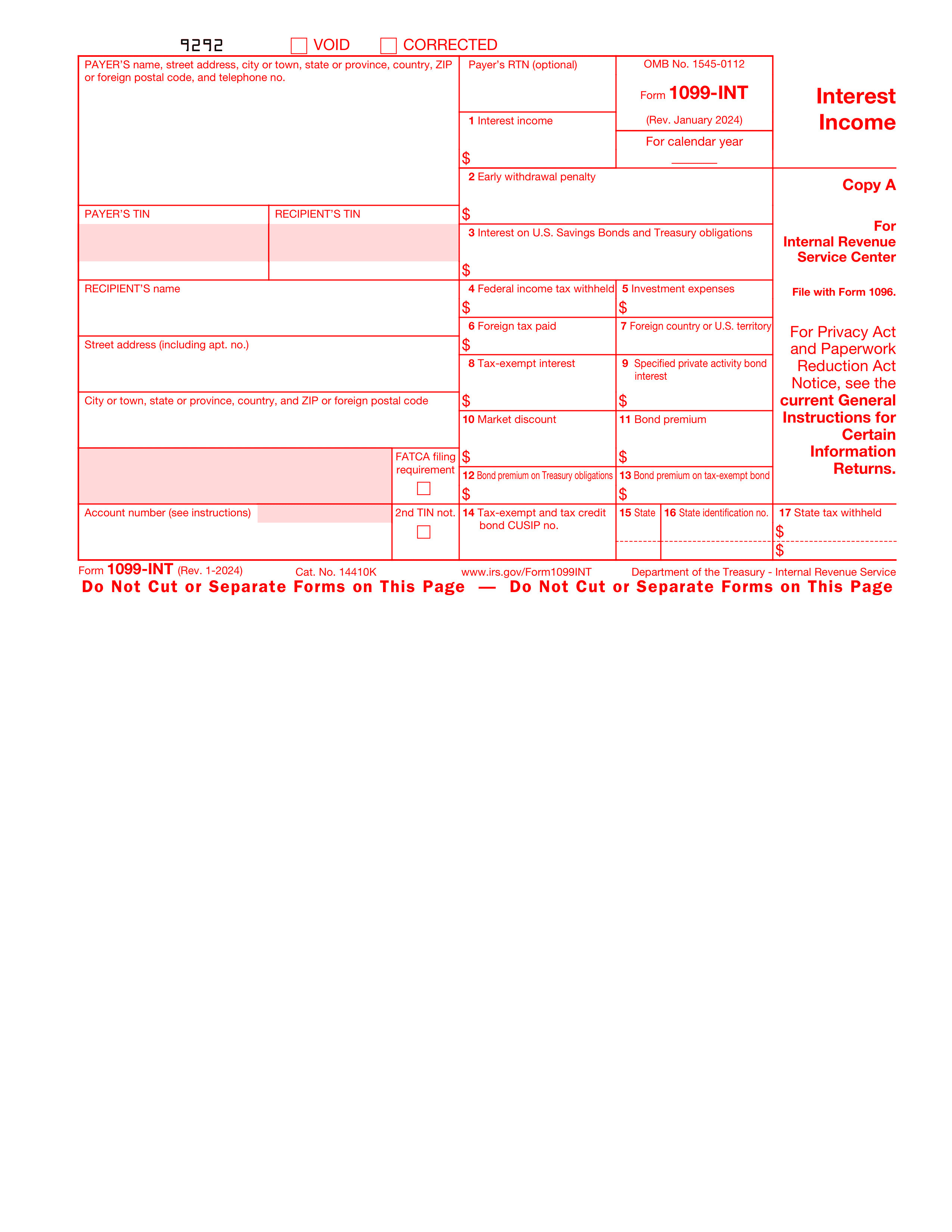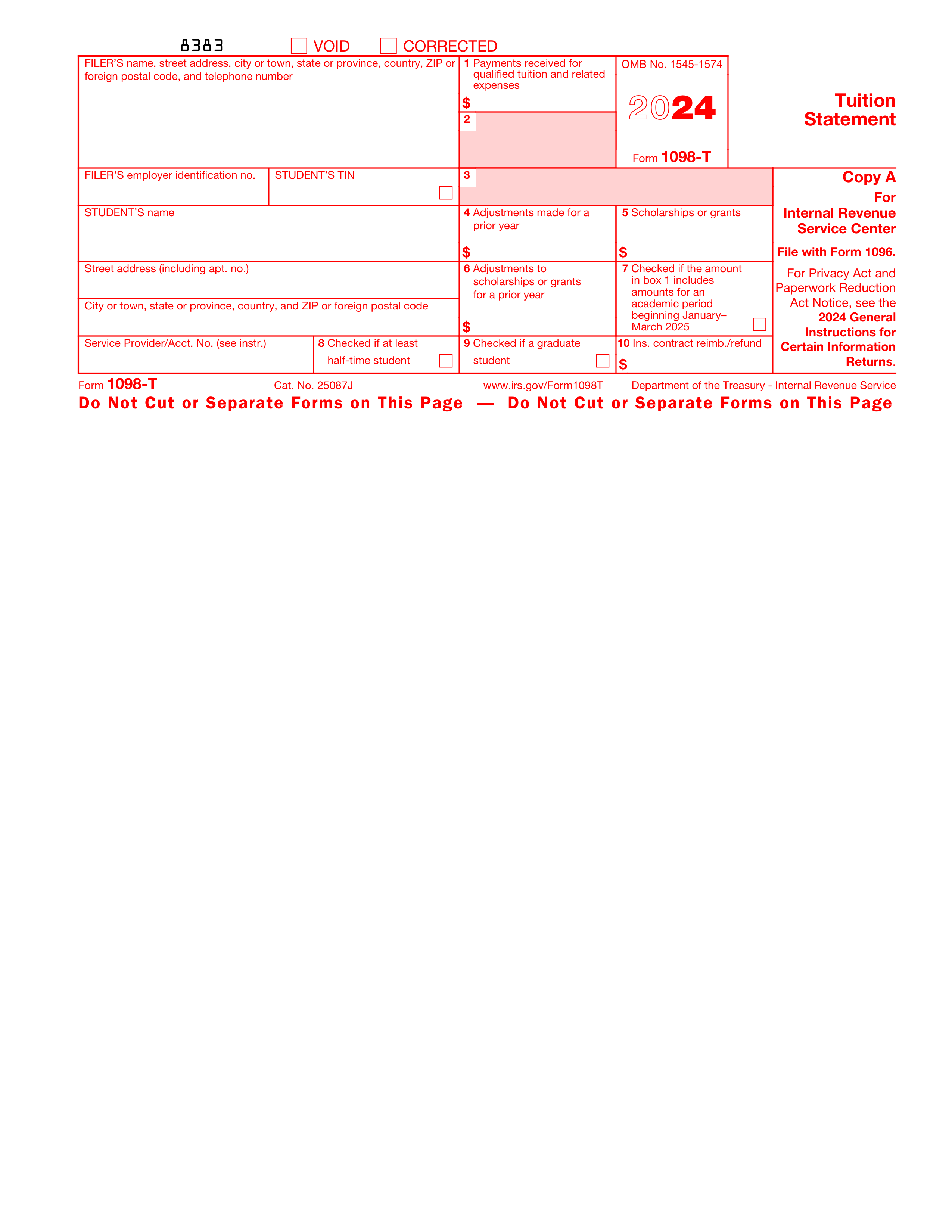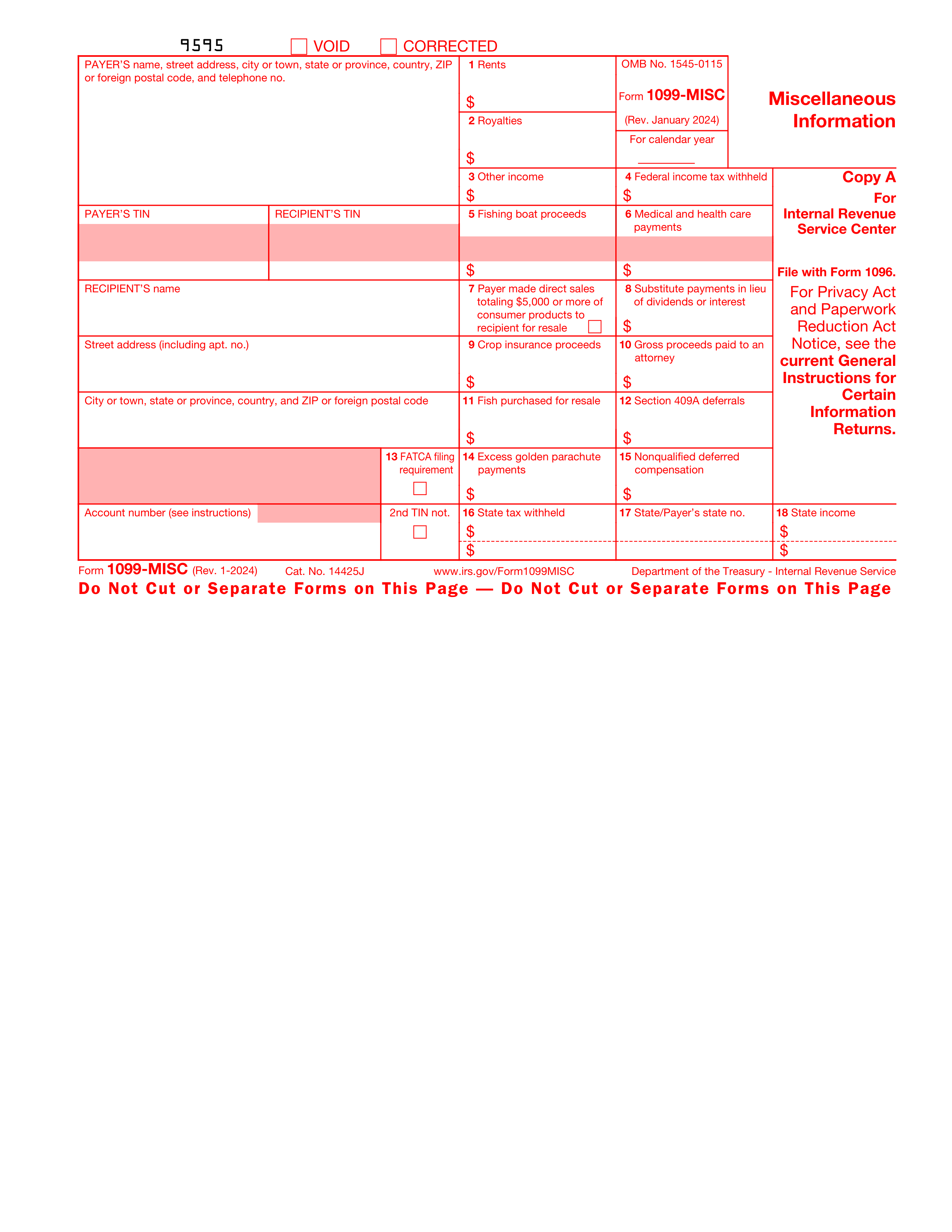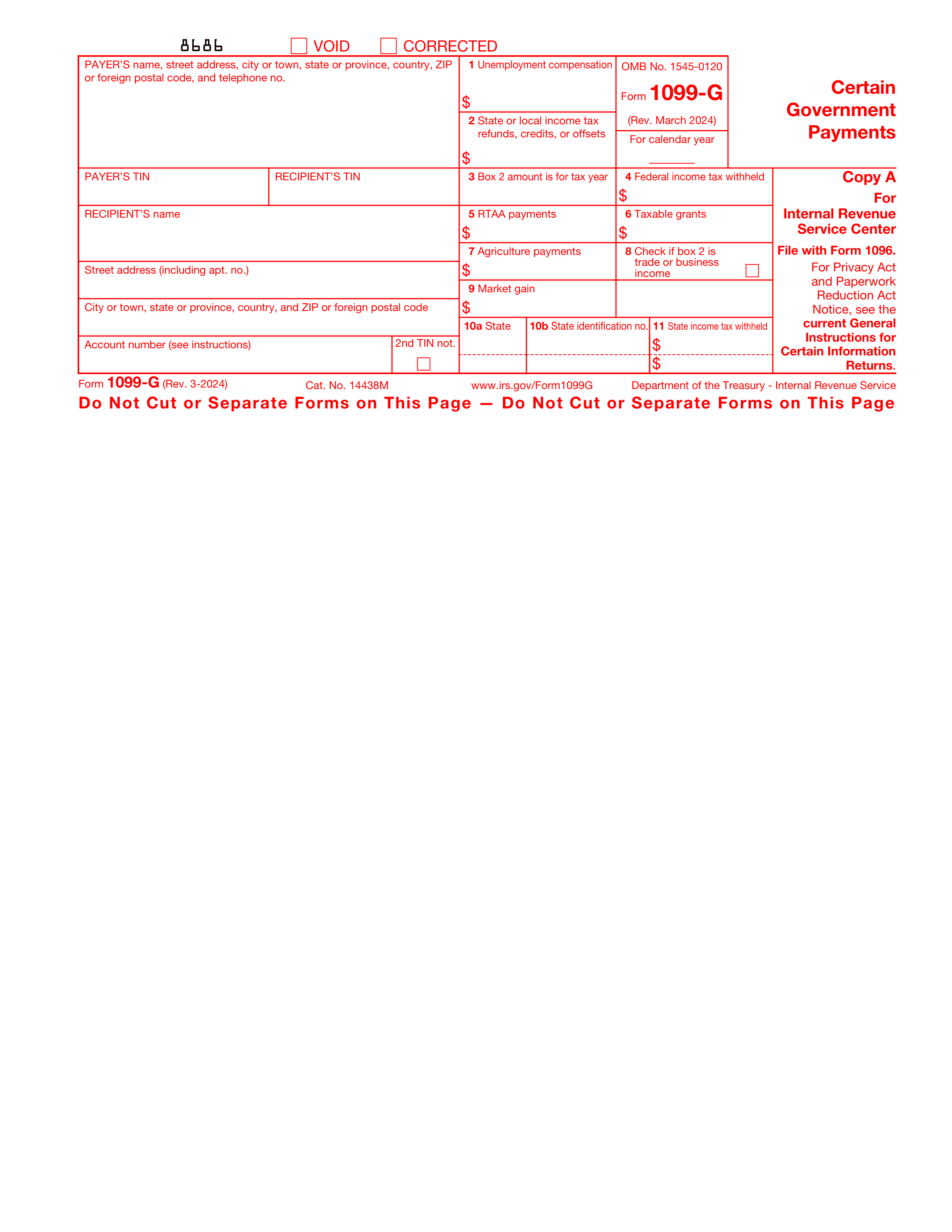What is Form 3949-A?
The form 3949-A is designed for individuals who wish to report suspected tax law violations by a person or a business to the IRS. This could involve issues like unreported income or false deductions. Filling out this form helps the IRS investigate and ensure fairness in tax compliance. It's necessary for anyone who has information about potential tax evasion or fraud and wants to inform the authorities to ensure tax laws are upheld.
What is Form 3949-A used for?
The Form 3949-A is a crucial document for reporting suspected tax law violations. Here's what it's designed to do:
- To report unauthorized use of personal information for tax purposes
- To disclose unreported income
- To inform about false exemptions or deductions on a tax return
How to fill out Form 3949-A?
- 1
Read instructions carefully on the first page to understand the form's purpose and requirements.
- 2
Fill in personal information about the person you're reporting, including name, address, and Social Security Number, if known.
- 3
Describe the alleged tax violation in detail, including years involved.
- 4
Provide your own contact information only if you wish; it's optional.
- 5
Review the form to ensure all provided information is accurate and complete.
- 6
Submit the form via mail or online to the IRS address listed in the form's instructions.
Who is required to fill out Form 3949-A?
Form 3949-A is filled out by individuals who wish to report suspected tax law violations to the IRS.
After submission, the IRS uses this form to investigate the reported suspicions and enforce tax laws.
When is Form 3949-A not required?
Not everyone needs to submit Form 3949-A. This form is not necessary for individuals who are reporting issues not related to tax law violations.
For example, if your concern involves matters other than the misuse of tax laws, such as customer service complaints or employee grievances within a company, Form 3949-A would not be the correct form to use.
When is Form 3949-A due?
The deadline for Form 3949-A is not specified by a single due date. Instead, it should be submitted when you become aware of potential tax law violations.
It's important to submit Form 3949-A promptly after noticing any suspicious tax activity to ensure the IRS can take timely action.
How to get a blank Form 3949-A?
To get a blank form 3949-A, issued by IRS, simply visit our platform where we have the template ready in our editor. You don't need to download it from anywhere else; just start filling it out directly on our website and download it when you're done. Remember, our website helps you create and download the form, but we don't assist in submitting it.
Do you need to sign Form 3949-A?
Form 3949-A does not require a signature. Official IRS guidance and the Internal Revenue Manual do not list a signature as a requirement for submission of Form 3949-A. However, it's important to verify the most current guidelines.
Checking the latest requirements is key to ensure compliance. Official sources can provide the most accurate and updated information.
Where to file Form 3949-A?
The form 3949-A can be printed and mailed to the IRS for processing. Ensure all sections are completed accurately before mailing.
As of recent updates, you can also report alleged tax law violations through the IRS’s online Form 3949-A Information Referral experience.







